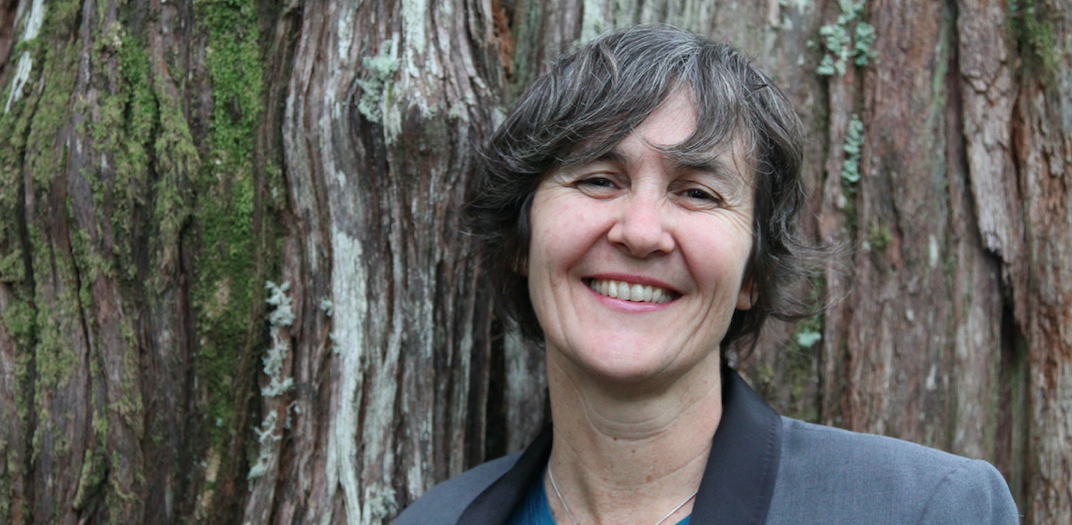Australia, rightfully, encountered a lot of negative press in 2021: from being the only developed nation on the World Wide Fund (WWF) for Nature’s list of deforestation hotspots, to news of catastrophic ecosystem collapse, a less than ideal human rights review and reports of persistent, systemic racism.
However, amid tales of poor leadership and inadequate policy, the Australian spirit of generosity prevailed.
Countless wonderful, everyday Australians made the world a better place in 2021 by standing up for what is right, raising money for those in need, sparking much-needed conversations and holding those in power to account. Below, we’ve compiled a list of just some of the times ordinary Australians went above and beyond to achieve the extraordinary this year.
1. Everyday Australians Raise Record-Breaking $10 Million for Afghans Amid Taliban Crisis
In the months following the Taliban's takeover of Afghanistan in August, everyday citizens across Australia raised an incredible $10 million to help the United Nations Refugee Agency administer lifesaving aid for millions of displaced Afghans. The funds sit adjacent to $100 million in official humanitarian assistance granted by the federal government.
2. Mick Fanning, Lance Franklin and More Unite to Call for Australian Climate Action
#TheCoolDown is a movement by athletes for all Australians. We are calling for bold climate action to safeguard the future of all Australians and the future of sport. Join us at https://t.co/Z0fk6PNYjG and sign alongside your favourite Australian athletes. pic.twitter.com/6lmlXmXLYy
— David Pocock (@pocockdavid) August 29, 2021
Hundreds of Australia's sporting legends — including Mick Fanning, Lance Franklin and Pat Cummins — united in September to call on the Australian Government to slash greenhouse gas emissions in half by 2030 and reach net-zero no later than 2050. Everyday citizens also added their signatures upon the invitation of former Wallabies captain David Pocock, who spearheaded the campaign.
Two months later, Australia officially pledged to reach net-zero emissions by mid-century.
3. 400 Australian Musicians, Record Labels Unite for #VaxTheNation Campaign
The VaxTheNation movement, a campaign to inspire citizens to get vaccinated against COVID-19, has been supported by 400 of Australia’s most prominent musical names, as well as record labels, festival organisers, ticketing agents and tour promoters. In 2020, over $20 billion in economic output was lost because of the impact lockdowns had on Australia’s music and live performance industries.
4. Australian of the Year Grace Tame Calls For Sexual Assault Reform
How can we prevent and heal from something we can’t even describe?
— Grace Tame (@TamePunk) November 23, 2021
Understanding grooming should be a key, mandated focus of education for families, schools, law enforcement and all other social services. It should also be a key focus of survivor recovery.https://t.co/CqL8B1fBdh
Grace Tame was a relatively unknown name until she became Australian of the Year in January. Since then, Tame, an advocate for survivors of child sexual assault, has become one of Australia’s loudest and most influential voices, sparking a national conversation around gender equality, consent, stigma and grooming.
Two of Australia’s states, Victoria and Queensland, introduced mandatory consent education in public schools this year.
5. Over 100,000 Australians #March4Justice Against Sexual and Gendered Violence
Over 100,000 men, women and children rallied in cities across the country in March in protest of gendered violence, in turn helping to bring the “cover-up” culture that persists in and out of Australia’s Parliament to light. Attendees at the #March4Justice protests called on Australian Prime Minister Scott Morrison to immediately introduce a range of new policies, including funding for gendered violence prevention initiatives and establishing a federal Gender Equality Act.
The sheer size of the nationwide protests undoubtedly forced a vital conversation for those in power.
6. Australian Wins Almost $4 Million In World’s Richest Environmental Prize

In February, Sydney-raised, Vancouver-based activist Nicole Rycroft was awarded the Climate Breakthrough Award for her dedication to creating climate-friendly replacements to products typically produced from endangered forests, like toilet paper and clothing.
"Its is not every day you win an international award that allows you to take risks to solve the climate crisis, and you get US$3 million to do it,” she told the Sydney Morning Herald at the time. “Protecting forests is the fastest, cheapest and most effective way for us to stabilise. And the fact that Australia has one of the highest rates of deforestation, frankly, it’s just embarrassing.”
7. The Majority of Australians Support Helping Vulnerable Nations Through COVID-19
.@GlblCtznAU is THRILLED to be long time partners of the #EndCOVIDForAll campaign and to join calls for further aid to address growing poverty. @ScottMorrisonMP, @MarisePayne, will you help? #auspolhttps://t.co/ivzKItM0ffpic.twitter.com/YcB05GvCVe
— Global Citizen Australia (@GlblCtznAU) November 15, 2021
Various pollings throughout the year have reaffirmed that the Australian spirit of generosity is alive and well. For example, one report by the Lowy Institute in May revealed over 80% of the population want to see the country help Pacific Island nations pay for COVID-19 vaccines, while a separate poll in April found 84% of Australians agree the government should specifically support Papua New Guinea through its COVID-19 crisis.
Overall, 57% of the country wants to see the nation’s aid budget increased to help those in need — up from 52% in 2019.
8. Researchers Convert Face Masks Into Roads
A team of Australian researchers developed a groundbreaking solution earlier this year that allows disposed of single-use face masks to be turned into building materials for roads and pavements. According to research assistant Mohammad Saberian, mixing 1% pulverised face mask to 99% processed building rubble allows 3 million masks to be recycled per every one kilometre of road, subsequently saving 93 tonnes of waste entering landfills per kilometre.
9. Hugh Jackman Calls for Australian Prime Minister Scott Morrison to Step Up at COP26
“#COP26 is one of the MOST IMPORTANT meetings of 🌎 leaders in our time and the consequences of this meeting will affect the future of our planet.”@REALHUGHJACKMAN calls on the Australian Government to take leadership in the fight against climate change.#NowOrNever
— Global Citizen Australia (@GlblCtznAU) November 1, 2021
🇦🇺🇦🇺🇦🇺 https://t.co/hzJ0UiOJp8
The wonderful Hugh Jackman, a long-standing Global Citizen Ambassador, joined a chorus of voices across Australia in November to call on Prime Minister Scott Morrison to make bold new climate pledges in the lead up to COP26.
"The consequences of this meeting will affect the future of our planet,” Jackman posted. “I speak today as a citizen of the world, but also as an Australian citizen. Our Prime Minister and his team are there. I'm relieved that they finally agreed to go, and I’m relieved that they have committed Australia to a net-zero emissions target by 2050, but it feels like that's the bare minimum.”
Morrison, however, failed to announce any further updates to the nation’s emissions reduction plan.
10. Most Believe Australia Should Help Developing Nations Address Climate Change
The Making Things Right report, conducted by YouGov on behalf of aid organisation CARE Australia, recently proved what seemed clear for months; most Australians believe the Australian Government should do more to help low-income nations address climate change.
The survey of over 1,000 Australians found 64% believe wealthy nations have contributed the most to climate change and therefore should do the most to combat it, while just over 60% feel Australia’s closest neighbours in the Pacific face the “most risk from disasters fuelled by climate change.”
The more people who raise their voice on an issue, the more likely decision-makers and those in power are to act.
